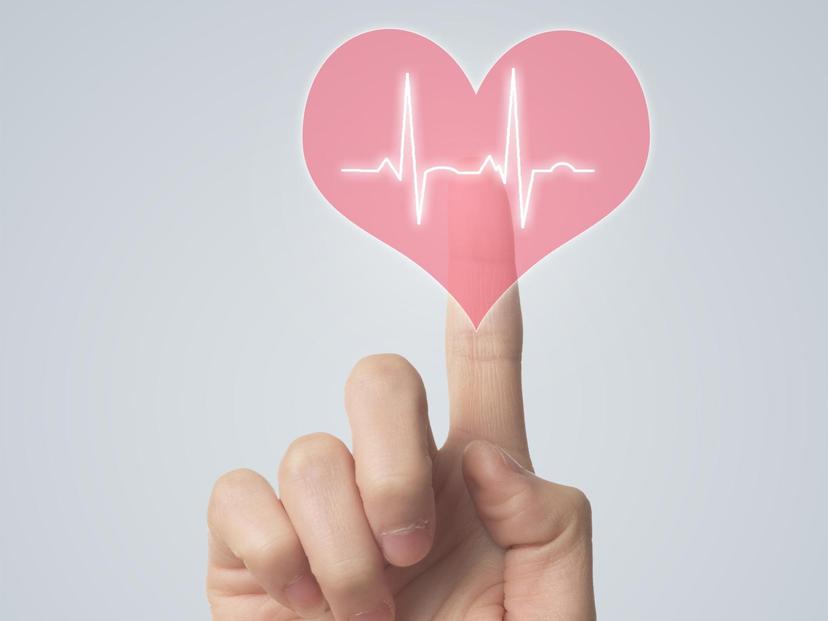4 мая 2022
Can You Take Too Many Vitamins?


4 мая 2022
Can You Take Too Many Vitamins?
## Too many vitamins is bad
__Overdose of vitamin A__ can lead to dizziness, increased intracranial pressure, cheilitis, hair loss, liver fibrosis, and an adverse effect on the fetus in pregnant women.
__Prolonged overdose of vitamin D__ can lead to calcification of tissues and kidney damage. Taking a high dosage of cholecalciferol can cause headaches and gastrointestinal disorders.
__High concentration of Vitamin E__ in the body decreases platelet aggregation and blood clot formation.
__Excess of Vitamin K__ in children leads to hemolytic anemia and hyperbilirubinemia.
Excess of water-soluble vitamins is easy to remove from the body, which is why hypervitaminosis B occurs only in very rare cases as a result of taking the wrong medicines and food supplements.
__High doses of vitamin B6__ can lead to impaired movement coordination, numbness of the skin, and changes in insensitivity. In case of overdose, dizziness, convulsions, and dermatitis are possible.
__Hypervitaminosis with vitamin B9__ aggravates the effect of deficiency in vitamin B12. The overdose of vitamin B9 can lead to cramps.
__The symptoms of overdose in pangamic acid (vitamin B15)__ include headaches, sudden weakness, irritability for no reason, episodes of drowsiness, and heartbeat changes.
__High doses of vitamin C (1–1.5 g)__ can cause hyperacid gastritis and peptic ulcer disease, suppress insulin production and lead to sugar in the urine, affect kidneys, cause increased irritability, insomnia, hypertension, and increase blood clotting, and lead to miscarriage in pregnant women. Ascorbic acid can provoke allergic reactions (up to anaphylactic shock).
__Biotin hypervitaminosis is rare__, as the excess of biotin is excreted with urine. However, taking 10 times the regular daily dose leads to frequent urination and increased sweating.
Keep in mind that vitamin overdose is not the only issue you may face. Certain disorders can become more acute when taking particular vitamins. For example, those who have gone through leukemia may be severely affected by taking B group vitamins.
## To take or not to take?
You should take vitamins—but do it properly! Vitamins are medicines, which contain biologically active substances. Therefore, you can take them only based on a checkup and blood tests. Then, with the guidance of a nutritionist, you can select an individual dose and intake duration that works best for you.
Since there are numerous nutrition programs today, it is advisable to consult with a medical professional in nutrition who has relevant medical education. Prescribing vitamins and minerals should be based on the results of medical tests, the content of vitamins and minerals, and information about chronic illnesses and history of family diseases.
Today, the individual synthesis of vitamins and minerals is one of the most promising and actively developing areas of preventive medicine. Individually selected vitamins are the most efficient tools in supporting health with no adverse effects.













